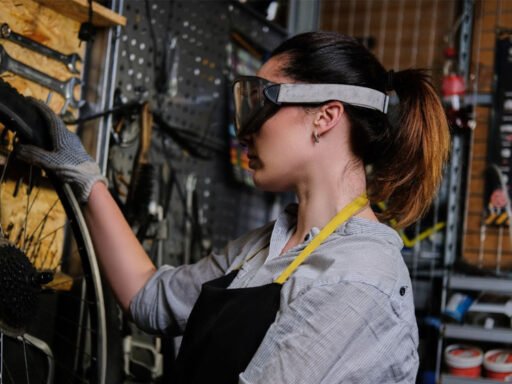Operating as an undercover investigator in a foreign country presents unique challenges and requires meticulous preparation. From understanding local laws to adapting to the climate, every detail matters when it comes to maintaining your cover and ensuring your safety. This ultimate guide provides essential tips for undercover investigators working abroad.
Understanding Local Laws and Customs
One of the most critical steps before embarking on an undercover mission in a foreign country is understanding the local laws and customs. Different countries have varied legal systems, and what might be acceptable in one country could be illegal in another. Familiarize yourself with the legal landscape, including any specific regulations that might affect your operations. Additionally, understanding cultural norms and etiquette is crucial for blending in and avoiding unwanted attention. For example, knowing the appropriate dress code, greeting customs, and social behaviors can help you navigate interactions smoothly and build trust with locals.
Adapting to the Climate with Appropriate Gear
In hot countries, wearing traditional tactical gear can be impractical and uncomfortable. Standard tactical gear, often designed for more temperate climates, may cause overheating and draw unnecessary attention. Instead, consider investing in tactical cargo shorts and other breathable, lightweight clothing that offers the same functionality while keeping you comfortable. These shorts often come with multiple pockets for carrying essential tools and equipment discreetly. Additionally, choose moisture-wicking fabrics that help keep you cool and dry. Adapting your gear to suit the local climate not only ensures comfort but also helps you blend in more effectively.
Essential Gear for Different Climates
| Climate | Recommended Gear | Additional Tips |
| Hot & Humid | Tactical cargo shorts, moisture-wicking shirts, hats | Stay hydrated, use sunscreen, avoid heavy fabrics |
| Cold | Insulated jackets, thermal layers, waterproof boots | Layer clothing, carry hand warmers |
| Rainy | Waterproof jackets, quick-dry pants, water-resistant bags | Keep electronic equipment protected |
This table provides recommendations for essential gear based on different climates, emphasizing the need to adapt your attire and equipment to the local environment.
Leveraging Local Help
Local help can be invaluable for an undercover investigator. Building a network of trusted local contacts can provide insights and assistance that would be difficult to obtain otherwise. These contacts can offer information about local dynamics, introduce you to key individuals, and help you navigate the area safely. They can also assist in gathering intelligence and executing parts of your operation that require a native’s touch. When selecting local help, ensure they are reliable and discreet, as their loyalty and confidentiality are crucial for the success of your mission.
Conducting Thorough Reconnaissance
Reconnaissance is a vital component of any undercover mission. Before diving into the operation, conduct thorough reconnaissance to understand the area, identify potential risks, and plan your movements. Use maps, satellite imagery, and local intelligence to gather as much information as possible. Pay attention to details such as traffic patterns, common routes, and the locations of critical infrastructure. This preparation will help you navigate the environment more confidently and reduce the likelihood of encountering unexpected challenges.
Maintaining Operational Security
Operational security (OPSEC) is the practice of protecting sensitive information from adversaries. For an undercover investigator, this means being vigilant about what you share, both online and offline. Avoid discussing mission details in public places or over unsecured communication channels. Use encrypted messaging apps for sensitive conversations and regularly update your security protocols to counteract emerging threats. Practicing good OPSEC minimizes the risk of compromising your cover and ensures the success of your mission.
Ensuring Secure Communication with a VPN
Secure communication is paramount for any undercover operation, especially in foreign countries where surveillance and cyber threats might be prevalent. Using a reliable VPN (Virtual Private Network) is essential to protect your online activities and maintain confidentiality. A VPN encrypts your internet connection, making it difficult for anyone to intercept your data. When choosing a VPN, consider reading reviews to find the most suitable option. For instance, ExpressVPN reviews highlight its strong security features, fast connection speeds, and broad server network, making it a popular choice among professionals who require robust online security. Always test the VPN before deploying it in the field to ensure it meets your needs and operates effectively in the target country.
Conclusion
Operating as an undercover investigator in another country requires a blend of preparation, adaptability, and vigilance. By understanding local laws and customs, adapting your gear to the climate, leveraging local help, ensuring secure communication with a VPN, conducting thorough reconnaissance, and maintaining strict operational security, you can navigate the complexities of international investigations effectively. Each of these elements is crucial for maintaining your cover, ensuring your safety, and achieving your mission objectives.





